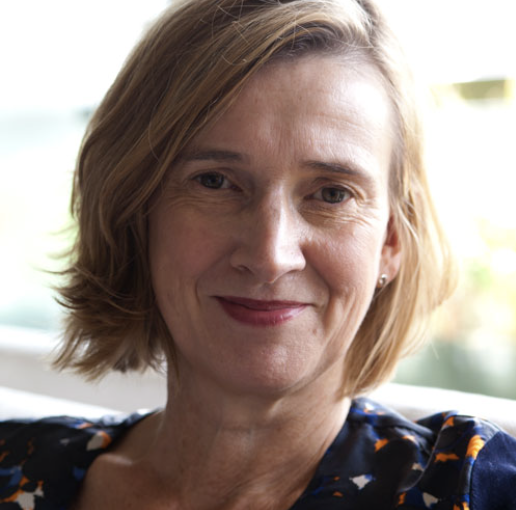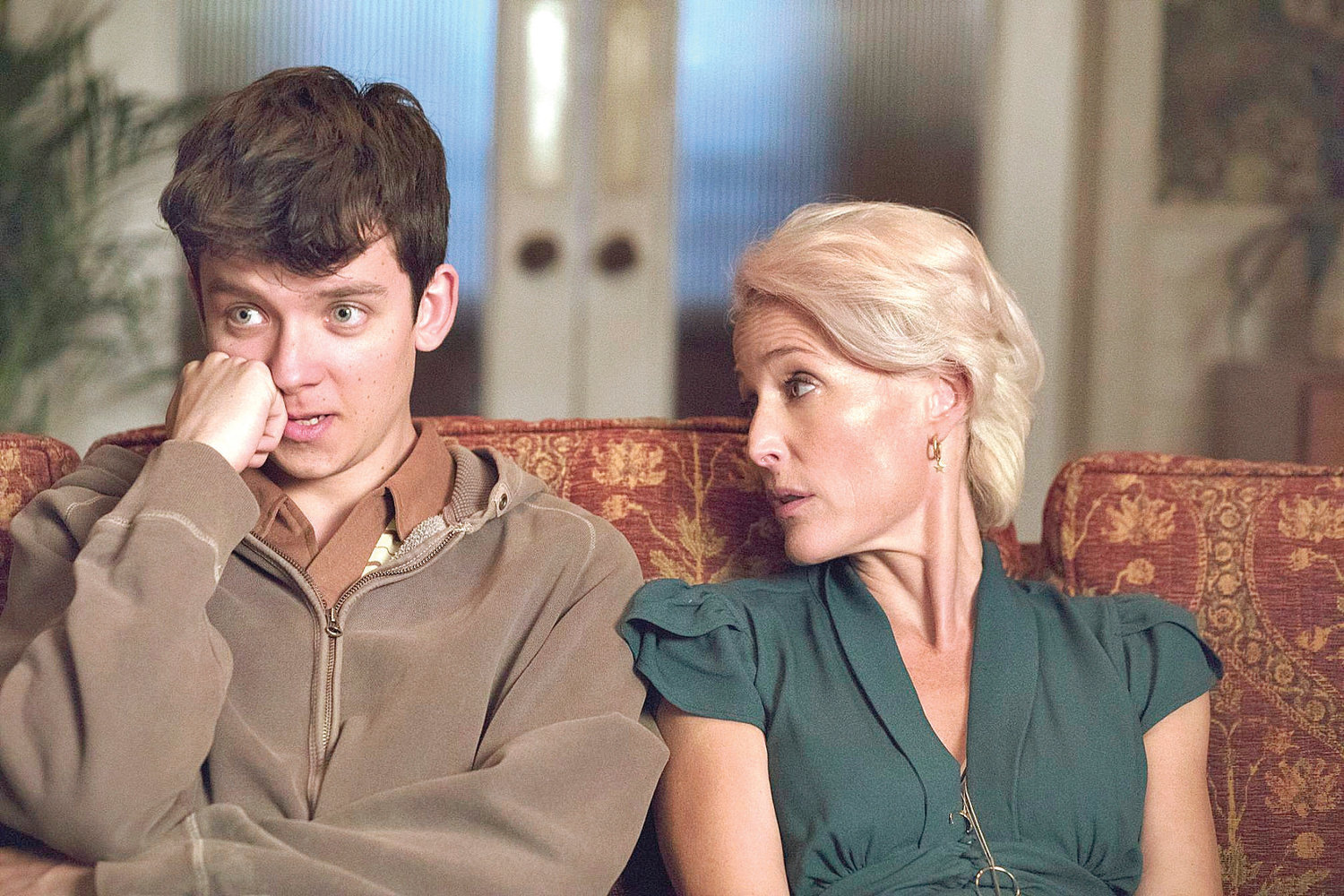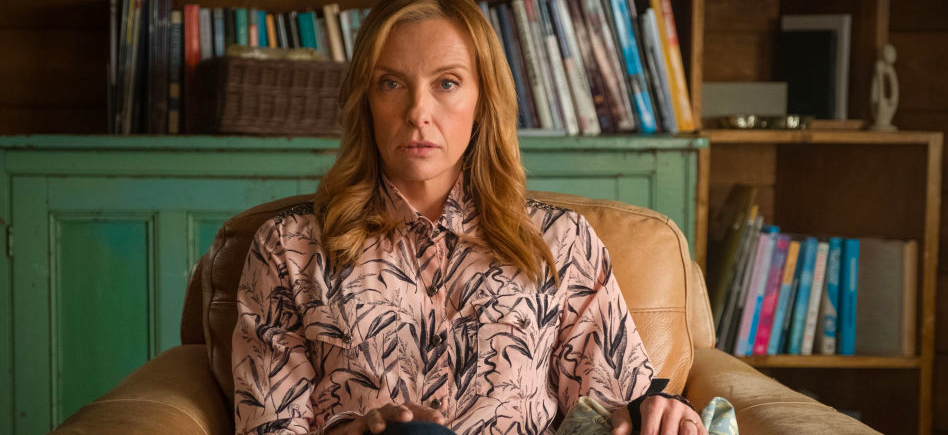If the popular BBC series Couples Therapy, featuring the work of psychoanalyst Dr Orna Garulnik, was a rich and finessed meal of insight into the power of psychotherapy to offer lasting help, then the new BBC/Open University series Change your Mind, Change your Life – whilst having a similar aim – is very much a tasting menu.
The new series is aimed at people considering undertaking therapy as well as those who are contemplating training as therapists. It comes with easy access to all the support material that you would expect from an educational programme.
Presented by cheerful advocates for the efficacy of therapy, Emma and Matt Willis, Change Your Mind, Change Your Life showcases the work of four experienced therapists, Julia Samuel, Owen O’Kane, Professor Steve Peters and Dr Fatoumata Jatta all with very different ways of practising.
The viewer is introduced variously to CBT, EMDR, psychodynamic psychotherapy, therapy with homework, journaling and the ‘robot technique’. All the therapists reveal the power of what it feels like to be really listened to and to begin to feel understood. One of the programme’s real strengths is that it conveys to the would-be, and potentially nervous, client or trainee therapist that there is not just one therapy that fits all. But didn’t, to my mind, offer a way of understanding how the decision about which modality to choose might be made.
Another strength of Change Your Mind, Change Your Life is in having recruited a group of clients from across the UK who are remarkably personable, open and generous in what they share about their life experiences. There was a strong relatability factor. Human resilience was on touching display.
By exploring the myriad routes that brought the clients to therapy the programme acts as an advertisement for what therapy can help with if practised well. Bereavement, childhood neglect, loss, anxiety, low self-esteem, illness and a fear of growing up are some of the subjects brought to the consulting room. The clients seem well-matched with the therapists which underlines another important aspect of the therapeutic relationship, and one championed by Welldoing.
The series successfully underlines the importance of exploring the ‘why?’ of feelings not just the ‘what’ and ‘how’. There are hopeful and useful nuggets: “we are naturally adaptive”, “it’s a misconception that it’s a weakness to ask for help” and, powerfully from Julia Samuel, “trauma has no sense of time”. But the speed at which the therapy seems to take place seemed to me to give the therapists a rather godlike, almost magical power, which left the clients grateful but perhaps not sufficiently aware of their own part in the process.
Where the programme really fell down for me was in the editing. What trainees in many modalities learn early on is the need for a strong therapeutic ‘framework’ to help offer the client a sense of safety and consistency. Change Your Mind, Change Your Life lacked a coherent one. I was confused about how many sessions were on offer, if we were viewing them in order and whether there was a fixed point at which the presenters ‘checked in’ with the clients on their progress. It was unclear how the clients' expectations were managed and my own training made me sensitive to the incoherence around the appropriateness or not of physical contact with clients. The variety of therapeutic styles without being identified as such ended up being a weakness as well as a strength.
Although Change Your Mind, Change Your Life in its accessible approach might well encourage more people to seek therapeutic help and, indeed, to train as therapists, it still left me a bit cold. There was much to admire in the therapists and in all the clients, but somehow I was left, at the end, hungry for more substance.
What a Psychotherapist Thinks of BBC's Change Your Mind, Change Your Life
May 20, 2025
Camilla Nicholls
May 20, 2025
- Psychotherapist Camilla Nicholls shares her mixed feelings about BBC's Change Your Mind, Change Your Life

Camilla Nicholls
Camilla Nicholls is a Welldoing online psychotherapist
Read further

What a Psychotherapist Thinks of Netflix's Adolescence
by Camilla Nicholls

What a Psychotherapist Thinks of Disney+ Dying For Sex
by Camilla Nicholls

Netflix's Sex Education: Is TV Getting Therapy All Wrong?
by Wendy Bristow

How Are Therapists Portrayed On TV?
by Emma Kilburn
